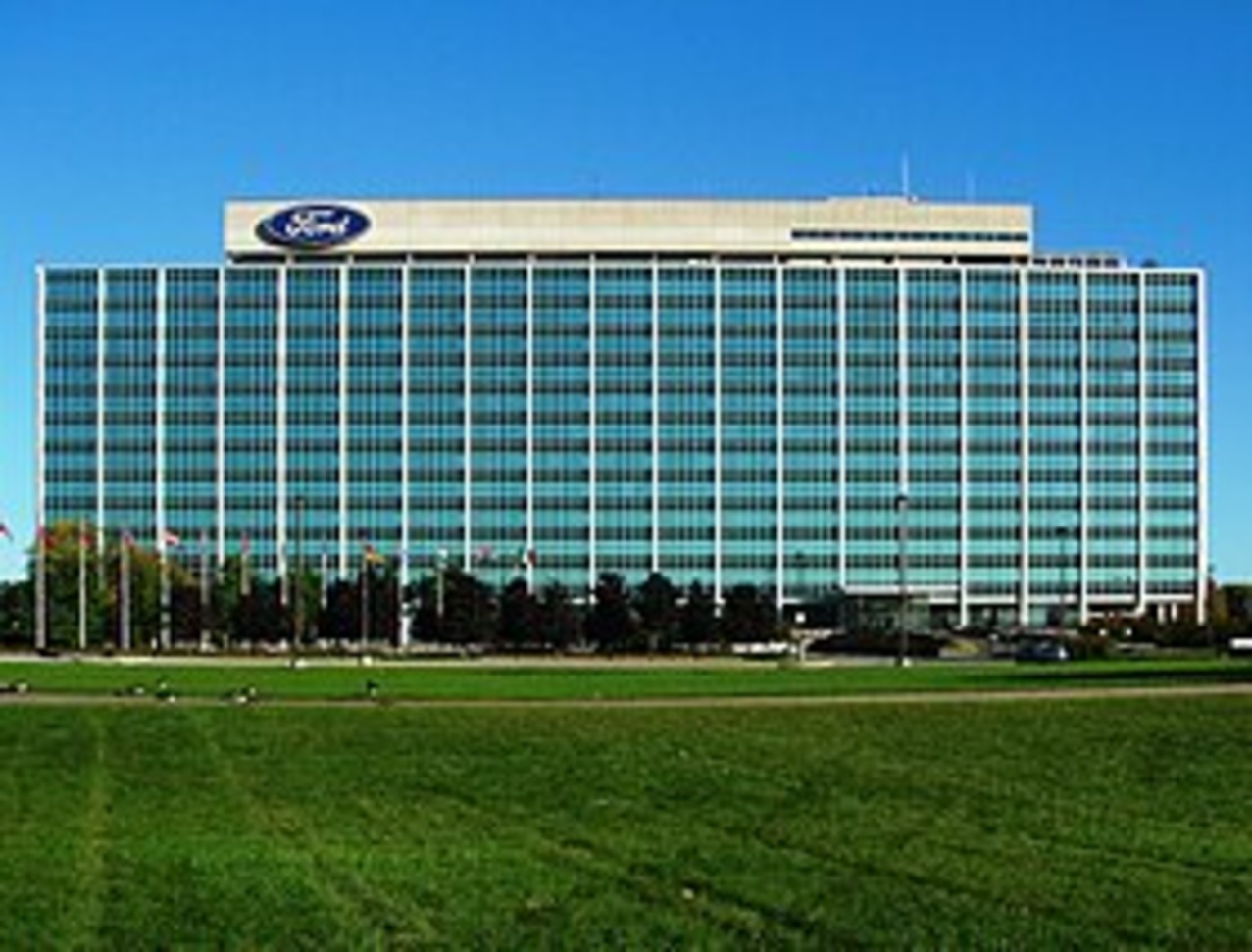Ford Motor Co. announced it will reduce its workforce by 4,000 jobs in Europe and the U.K. by 2027, citing significant economic challenges, fierce competition, and weaker-than-expected sales of electric vehicles (EVs). The decision comes as the global auto industry continues to face disruption, particularly in Europe, where Ford is struggling to adapt to the shift toward electrified mobility.
The majority of the job cuts—around 2,900 positions—will affect workers in Germany, with 800 positions to be eliminated in the U.K. and 300 across other EU countries. Currently, Ford employs 28,000 people in Europe, part of its larger global workforce of 174,000.
The company acknowledged that the automotive industry is navigating a period of profound transformation, particularly in Europe, where car manufacturers are under intense pressure to meet stringent CO2 emissions regulations while facing lagging consumer demand for EVs. The EU is setting ambitious targets, with a 2025 deadline for stricter fleet average carbon dioxide limits and a 2035 goal to eliminate most internal combustion engine vehicles in favor of electrified models. However, Ford and other automakers are struggling to keep up with these targets as consumer demand for EVs has been slow to build.
The downturn in EV sales has been exacerbated by economic factors, including inflation, and a significant policy shift in Germany, where government incentives for EV purchases were reduced. As a result, overall EV sales in Europe fell by 5.8% in the first nine months of the year, in a market already shrinking for traditional vehicles. Additionally, Ford faces increasing competition from Chinese-made electric vehicles, further complicating its position.
In response to the challenges, Ford also announced it would reduce working hours for employees at its Cologne, Germany plant, which manufactures the company’s Capri and Explorer electric vehicles. The plant, a key site for Ford’s electrification efforts in Europe, is expected to see reduced output due to weaker market demand.
Ford’s struggles are reflected in its recent sales performance. For the first nine months of the year, Ford’s sales in Europe plummeted by 15.3%, with its market share shrinking to just 3% from 3.5%. The automaker also faced a 26% drop in net profit for Q3, posting $892 million in earnings, partly due to a $1 billion write-down for the cancellation of a planned three-row electric SUV, as well as higher warranty and other costs.
As Ford approaches the 100th anniversary of its operations in Germany next year, the company is facing a tough road ahead. Its main plant in Cologne has been in operation since 1931, a symbol of Ford’s long history in the region. However, the company’s future in Europe is increasingly uncertain, as it faces not only internal challenges but also broader industry pressures.
Ford is not the only carmaker grappling with these headwinds. Volkswagen has also raised concerns about its future, with the possibility of closing up to three plants in Germany. The European Automobile Manufacturers’ Association has called for a faster review of the EU’s stringent CO2 regulations set to take effect in 2026, warning that they could hurt automakers’ competitiveness.
In light of these challenges, Ford’s Vice Chairman and CFO, John Lawler, sent a letter to the German government, urging policymakers to take stronger action to support the transition to electric mobility. Lawler emphasized the need for public investments in EV charging infrastructure, meaningful incentives to encourage consumer adoption of electric vehicles, and a more flexible approach to meeting CO2 compliance targets.
“What we lack in Europe and Germany is an unmistakable, clear policy agenda to advance e-mobility,” Lawler stated. He stressed that the company is committed to climate goals but needs the right conditions for the industry to thrive.
References:
- Ford’s decision to cut jobs in Europe amid declining EV sales and economic challenges.
- Impact of EU emissions regulations on the automotive industry and Ford’s response.
- European car market trends, including the shift to electric vehicles and competition from China.
- Ford’s financial performance and efforts to adapt to the evolving automotive market.



